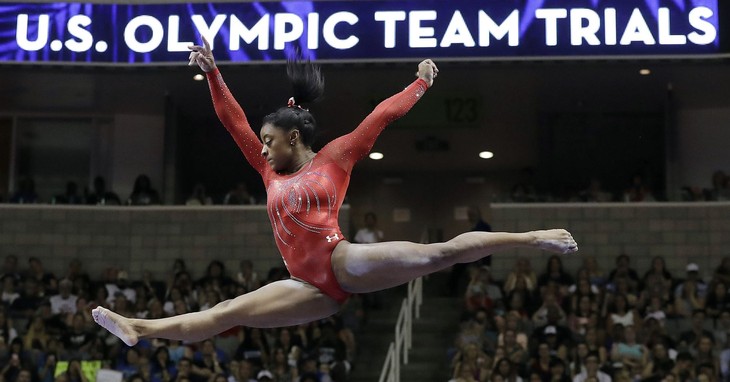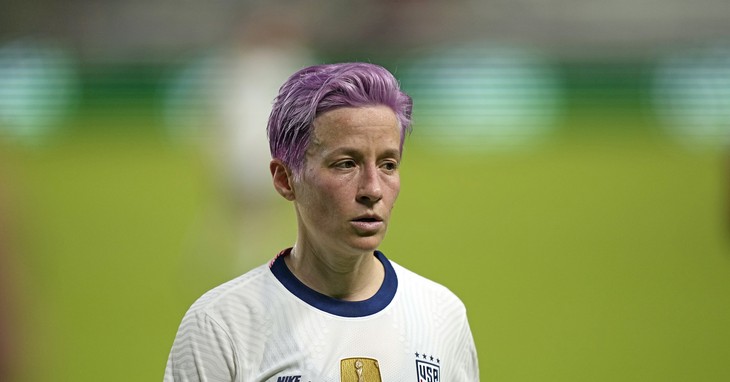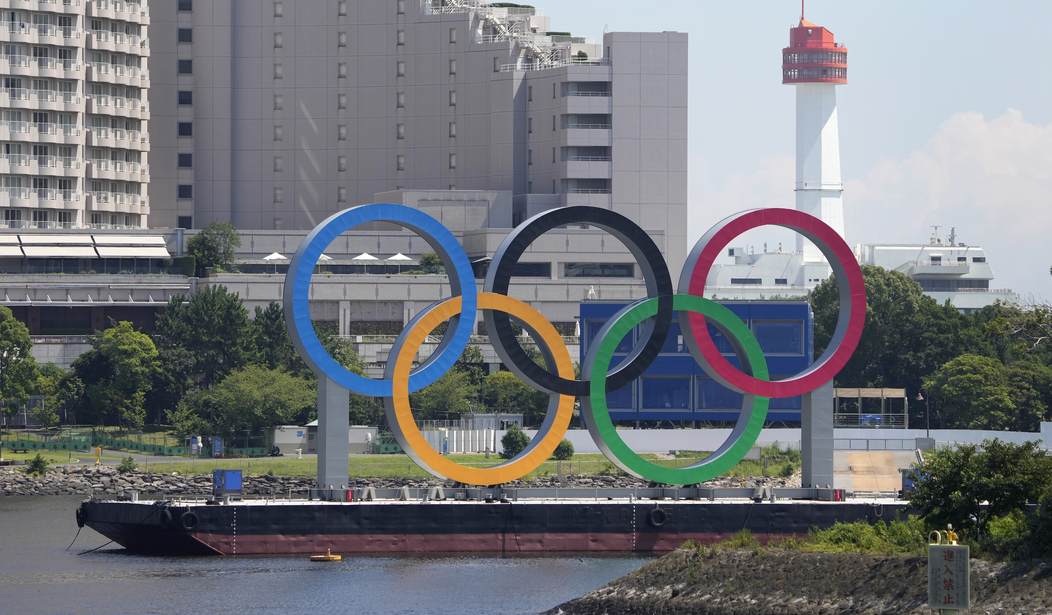There are a number of factors contributing to the drop in audience for the Olympics.
After so much tumult, and a one-year delay, the Summer Olympiad in Tokyo held its opening ceremony Friday evening. Based on the ratings that have come in, this could be considered a Breaking Story as few people watched the event. The unofficial numbers so far show an audience well below the 25 million target that had been eyed ahead of the games.
Friday’s celebration drew a paltry 16.7 million, but the number is even worse in some respects, better in others. That total is across all formats, including streaming, which is some positive for NBC, which has hinged the rollout of its new streaming service Peacock on the games. While this represents a strong streaming figure for the network, it is not quite the digital love fest they were expecting to draw last summer. This streaming figure also means the broadcast in primetime barely edged over 10 million viewers.
So what accounts for the dismal showing here? Why are audiences shying away from what has traditionally been a dependably large attractant for the viewing hordes? There are a number of contributing factors, and it is a possibly/probably combination of them all leading to diminished interest.

The Pandemic
The stalled premiere of the games could have gone one of two ways, but rather than building anticipation the one-year delay seems to have sapped interest. Also, the media hype on the emergence of the new variant could be building anxiety in the audience into a ‘’why bother’’ position on the games.
The Time Impact
The 13-hour differential means that some of the marquee events of greatest interest will be tape-delayed, and that included the opening ceremonies. That debut was staged live before 7 am ET in the states, so the broadcast in primetime was actually a recording. Surely advanced images and videos circulated throughout the day, satisfying the interest in a segment of the potential audience.
Poor Advance Word
The weeks leading into the games have been uniquely filled with only negative news items. The pandemic in Japan means restrictions abound, and some athletes have tested positive and cannot participate. Star track and field runner Sha’Carri Richardson was suspended over a positive drug test. Additionally, one athlete had to contend with her newborn being unable to join her, a para-Olympian blind swimmer could not have her assistant — her own mother — help her with competing, and Poland sent home a large number of swimmers over a clerical error. The news has been almost exclusively downcast for months.
Covid Restrictions
Because Japan is so vulnerable at this moment, the officials have been clamping down on much of the activities. Fans were forbidden from attending, then they took things further by saying even family members would be prevented from attending. Even the athletes are being forced onto limited time schedules, being required to arrive only close to their events, and departing soon after. This has led to the neutered experience of vacant venues, and the opening ceremonies had athletes marching out to all the pageantry on display for an empty stadium.

The Anti-American Bias
The politicized climate that has infected other sports has leached into the Olympics as well. In the Olympic trials, Gwen Barry made a name for herself when she visibly scorned the national anthem, and she received more criticism than support. The NBA has been on a full-throttle social signaling effort, and it led to dissolving ratings for the league. Now those woke pros are in Tokyo looking adrift. After being embarrassed by Nigeria in a preliminary game Team USA lost to France in the Olympic opener, so the interest has waned accordingly. The women’s soccer team has commenced with kneeling ahead of matches, and their first-round loss to Sweden was met with a smattering of applause here in the U.S.
Audiences have little interest in those who are not interested in representing the country.
Any and all of these can be influences on audience disinterest, but the reality is there is not the same enthusiasm we are used to experiencing around the games. In the bars, on social media, and elsewhere we are not seeing and feeling that usual fervor. It will take some really compelling storylines to emerge to draw back the citizens who normally are on board with a national athletic event.














Join the conversation as a VIP Member